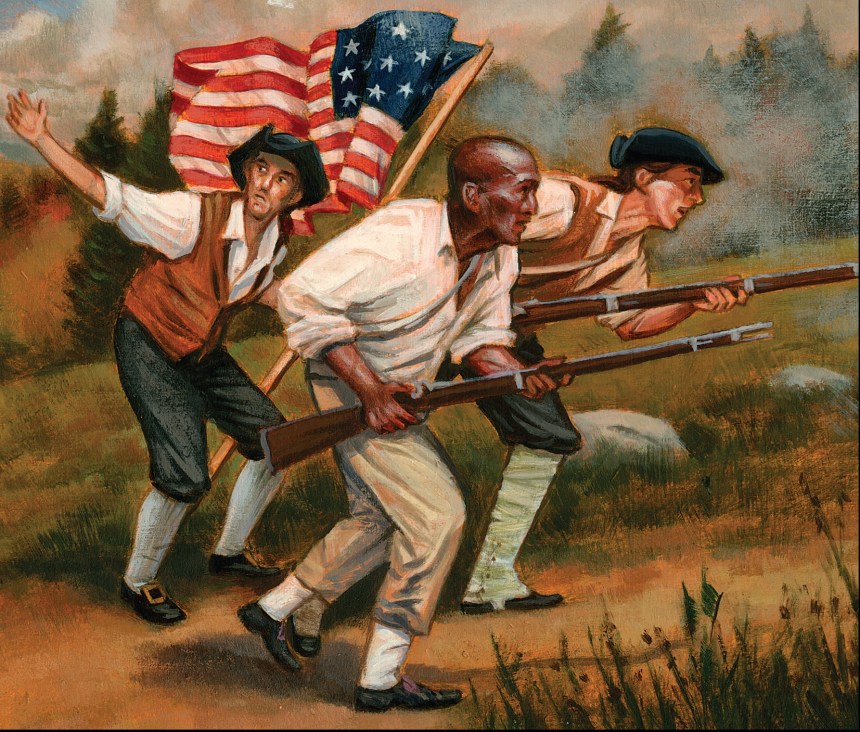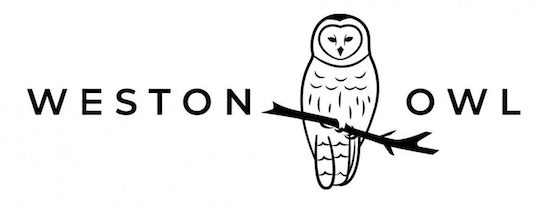Slavery in a Colonial New England Town: Historical Society Event Thursday

On Thursday, November 18 at 7:30 pm, the Weston Historical Society will present a Zoom lecture on “Slavery in a Colonial New England Town.” Wayland historian Jane Sciacca will discuss her extensive research on slavery in Wayland and Sudbury and also incorporate Weston information. Weston Historical Society volunteers have been researching this subject in preparation an upcoming exhibit celebrating the restoration of the Josiah Smith Tavern. The link to the registration form for the lecture is here.
The following paragraphs are from the official press release for the event.
While slavery is often associated with Southern plantations, New Englanders used enslaved indigenous peoples and Africans to address chronic labor shortages. Enslaved men and women worked in towns including Weston, where the proprietors of Weston’s two historic taverns, Josiah Smith and Isaac Jones at the Golden Ball, each owned two enslaved persons.

Massachusetts was the first colony to legalize slavery, in a legal code called the “Body of Liberties,” passed in 1641. Slavery in Massachusetts differed from the South, in part because of climate and labor needs. It also reflected Puritan beliefs about family life, marriage, and the importance of being able to read the Bible. Historians estimate that between 1755 and 1764, the enslaved population was approximately 2.2 percent of the total Massachusetts population.
Massachusetts was also the first state to abolish slavery. The 1780 state Constitution, written by John Adams stated that “all men are born free and equal.” Between 1781 and 1783, in three related cases known today as the “Quork Walker case,” the Supreme Judicial Court held that laws and customs that sanctioned slavery were incompatible with the new state constitution.
In the first of these cases, Elizabeth Freeman (c. 1744 – 1829), also known as Bet, or Mum Bett, became the first enslaved African-American to file and win a freedom suit in Massachusetts. She was later remembered as saying:
Any time, any time while I was a slave, if one minute’s freedom had been offered to me, and I had been told I must die at the end of that minute, I would have taken it— just to stand one minute on God’s airth [sic] a free woman— I would.

In the nationwide census taken in 1790, Massachusetts was the only state that reported no enslaved persons. Life continued to be difficult for the newly freed, as racial prejudice and discrimination limited economic opportunity and participation in civic life.
The program is open to all and will begin with the annual meeting at 7:15 pm, followed by the lecture at 7:30 pm. The link to the registration form for the lecture is here.
About the speaker: Jane Sciacca is well known in Wayland and beyond for her ability to enliven historical events and topics for all to enjoy. She was an interpretive National Park Ranger for 20 years and has written guidebooks and children’s books for the National Park Service. In addition to serving as president, curator, and lecturer for the Wayland Historical Commission. Jane and her family have lived in Wayland for over 50 years.
More information about slavery in Weston is available in the Fall 2021 newsletter of the Weston Historical Society. You can find that online later this month, or in your mailbox if you are a member (which you should be). It is likely that the Owl will also annotate it here but only when she can find a spare moment,.

Pingback: Boston Massacre Event with Golden Ball Tavern, Also Thursday Evening | Weston Owl